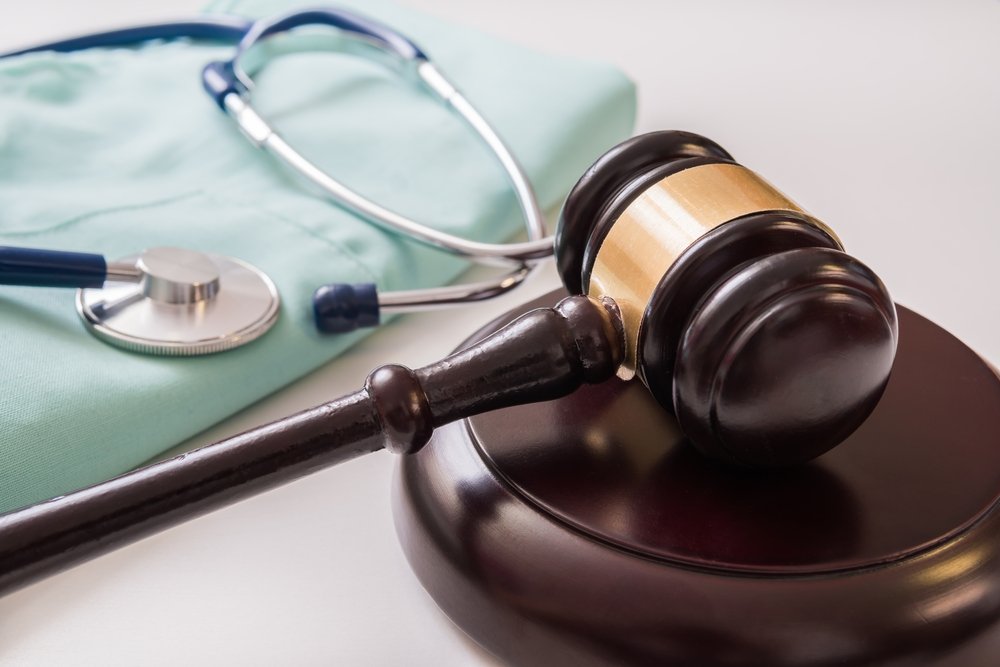Every year, millions of people in this country undergo surgical operations, attend appointments, and consult with medical professionals on important matters. Nearly all of those people have a positive, or at least a neutral experience with those medical providers, and they have full faith in the system to serve them adequately.
However, inevitably, there are thousands of people who suffer from erroneous decisions, practical mistakes, and other forms of negligence at the hands of the medical providers they’ve trusted. The good news is that the law offers a remedy for people who are victims of this type of negligence. With a medical malpractice case, you can hold your medical providers accountable and win compensation for any damages you suffered.
But how exactly are you supposed to investigate a medical malpractice case? And how can you maximize your chances of success in this legal action?
What Counts as Medical Malpractice?
Medical malpractice is a broad category, encompassing many forms of negligent conduct by doctors, nurses, and other medical professionals. Essentially, if a medical professional takes an action or makes an omission against what a reasonable peer in their situation would do, and that action or omission results in harm, the medical professional responsible for that action or omission can be held liable for medical malpractice.
There are many examples of things that constitute medical malpractice, given the right context. If a doctor should be in a position to diagnose you with a particular illness, and they fail to, that could be medical malpractice if it causes you harm. Surgical mistakes and other types of errors are more common and obvious types of medical malpractice. Even something simple, like a botched prescription, can count as medical malpractice.
In order to prove medical malpractice, you have to show that the responsible party was negligent. Proving negligence requires demonstration of four elements: a duty of care, a breach of that duty, actual harm, and a causational link between the breach of duty and the harm that was caused. When it comes to medical malpractice, much weight is placed on the reasonable person standard, attempting to approximate what a reasonable medical provider would do as the standard by which other medical practitioners are judged.
Initial Steps to Take
If you suspect that you or someone you love has been the victim of medical malpractice, these are some of the most important steps to take first:
· Talk to a lawyer. You need to talk to a lawyer as soon as possible to evaluate the nature of your claim and determine what the best course of action moving forward is. The sooner you make this initial connection, the better.
· Start gathering evidence. If you want to prove medical malpractice, you’ll need a body of evidence on your side. Accordingly, you should start gathering evidence as soon as possible, gathering receipts, writing down everything that you can remember, and taking photos or videos if appropriate.
· Do not alert your provider. Remain quiet and private in your pursuit of this matter. Alerting your medical provider, or the institution that has hired them, could compromise your claim by giving them more time to prepare.
· Get a second opinion. You may also want to get a second medical opinion, to confirm whether your suspicions are correct early on.
Conducting the Investigation
How do you investigate a medical malpractice inquiry? The short answer is, you don’t, or at least, you shouldn’t. Instead, you should leave this in the hands of your legal advisor.
· Follow your lawyer’s guidance. Listen to your lawyer’s advice and follow it as closely as you can. Your lawyer is an expert in this field, and they have a fiduciary duty to you. Accordingly, they will know exactly what to do and provide you with expert guidance in this process.
· Find all applicable records. Try to gather all applicable records that might be relevant to your claim. This includes receipts, written statements, prescriptions, and anything else that might be able to show what happened to you and why.
· Get expert testimony. Expert witnesses are often quite valuable in medical malpractice matters. Your lawyer can help you connect with an expert witness in the medical profession who can testify to the actions or omissions of the ostensibly liable party.
· Be patient and prepare to negotiate. Unfortunately, medical malpractice claims often take months if not years to investigate – and even longer to resolve. Try to remain patient during this process, and get ready to negotiate with the other side. Most medical malpractice claims settle out of court, with both parties hoping to avoid a trial.
Medical malpractice isn’t pervasively common, but it isn’t exactly rare, either. If you’re ever the victim of medical malpractice, you owe it to yourself to talk to a lawyer and pursue legal action if appropriate.
















